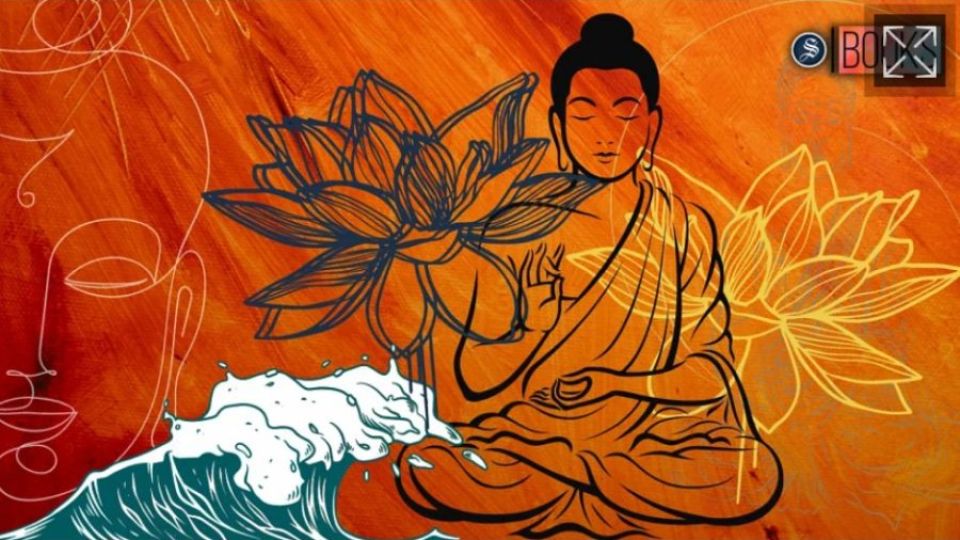January 30, 2023
DHAKA – The year 2022 marks 100 years of Siddhartha’s original publication in Germany. Since then, millions of copies of this book have been sold, translated into more than 40 languages, and published in 88 different editions until today. In the 100 years since 1922, Hermann Hesse’s novel has taken millions of its readers through a long journey of self-discovery.
Although the storyline and the background of the novel span the period of 500-600 BC, I believe Siddhartha is a novel that every generation from every religion can relate to. It is not about any religious doctrine; rather it is about the journey of the individual into the self.
Written in a lyrical style, the novel takes the reader through the journey of its eponymous protagonist, who belongs to a Hindu Brahmin family and is eager to discover the path to enlightenment (Nirvana). Young Siddhartha leaves his family and embarks on the path of achieving spiritual freedom and becoming a shyamana (religious people) with his childhood friend, Govinda. After three years of practising asceticism, Siddhartha realises that shyamanas are also lacking in something that leads to the path to true enlightenment.
A confused, restless, and eager Siddhartha then meets Gautama, the real, historical Buddha. One night, in one of Buddha’s preaching sessions, astounded by Buddha’s knowledge, beliefs, and radiance, Govinda pledges himself to the Buddha as a follower and decides to stay back with him. While Govinda is happy to find meaning in his search through Buddha’s teachings, he is equally frustrated knowing his dearest friend Siddhartha’s contradiction with the Buddha’s philosophy of removing oneself from the world. After meeting Buddha, Siddhartha realises that words and teachings are the enemies of true enlightenment, that no amount of teaching can bring about the deliverance of a person’s soul, and the only way one can discover the depth of one’s soul is through their own personal experiences. This philosophical contradiction leads Siddhartha down another path completely different from the one he originally intended to take.
Departing from Govinda, Siddhartha continues his own journey where he meets Kamala, a beautiful courtesan woman. From her, he learns the art of love. And since Kamala only loves rich people, Siddhartha falls into the trap of greed and materialism. “Property, possessions, and riches had also finally ensnared him; they were no longer trifles of a game to him and had become a shackle and a burden”, Hesse writes.
The last two chapters of this book are full of wisdom. In the last chapter, Govinda and Siddhartha have a final meeting; Govinda gazing raptly at the face of his old friend finds the smile of Gautama—the illustrious one. Govinda, perplexed by his old friend, tries to understand the peace Siddhartha has discovered. Siddhartha reiterates that it is the experiences rather than the teachings of man, which led him to this place of happiness.
“Perhaps you cannot find what you are seeking, because you seek too much. Seeking means: to have a goal; but finding means: to be free, to be receptive, and to have no goal”, Hesse writes. What we are looking for oftentimes is found in the simplest thing imaginable, but we become so obsessed and absorbed in seeking that our eyes miss those simple things.
For the last 100 years, Siddhartha has remained as a mirror that reflects the human being’s eternal spiritual quest for answers to the basic questions of existence. Siddhartha’s great realisation in life not only makes this novel a timeless literary work but also made it a must-read for philosophers. This book reminds us that our life is an all-encompassing journey that will eventually show us what we are looking for, we need not chase or run after anything. Experiences will ferry us into the path of enlightenment.


